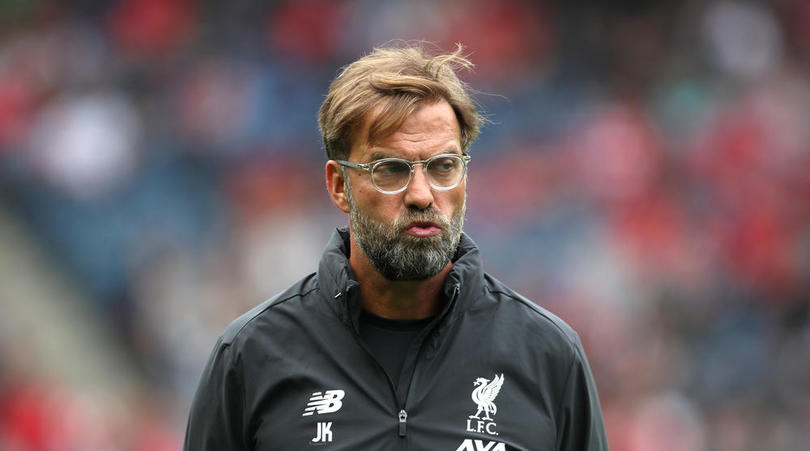The last all-English Super Cup: remembering the country's most hated competition
Rich Edwards reflects on the despised Football League Super Cup that aimed to compensate for English clubs' European exile
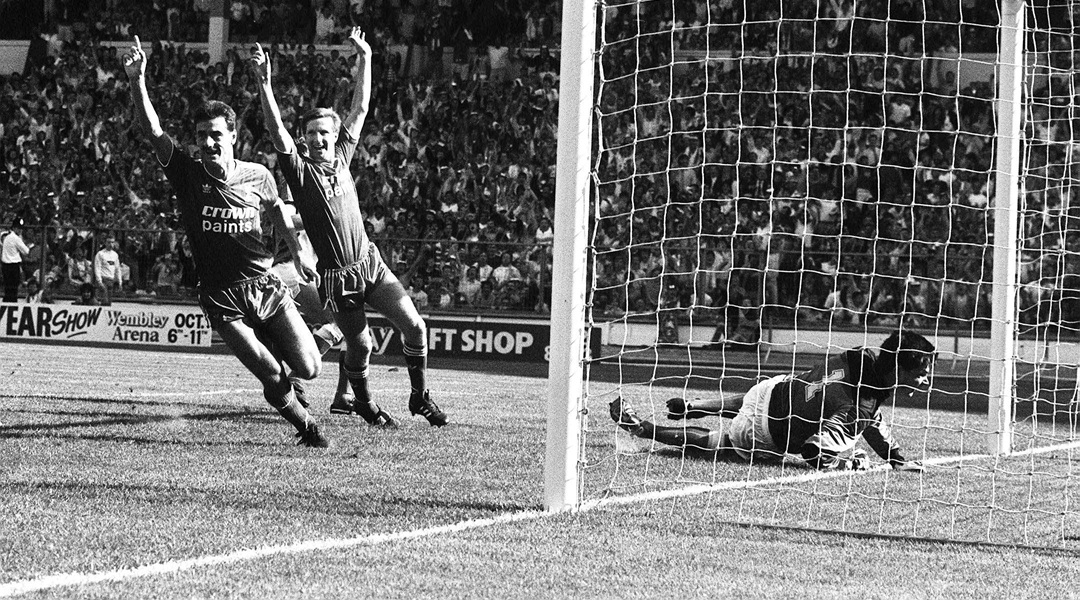
"Norwich City, one of the poorer relations in the First Division, are £64,000 the richer after winning the Milk Cup,” wrote The Times' Stuart Jones in March 1985. “Nor is that their only reward for this victory yesterday. Next season they will step into the playgrounds of Europe as one of the nation’s representatives in the UEFA Cup.”
Some six months on, and the Canaries were wandering into unknown territory – but it wasn’t in the UEFA Cup. It was into perhaps the most ill-conceived, botched attempt at domestic tournament creation in English football history. Critics of the Watney or Texaco Cup (ask your fathers or grandfathers) might beg to differ, but when it comes to dog’s dinners, few trophies can hold a half-munched tin of Pedigree Chum to the short-lived and shambolic Football League Super Cup.
The premise behind the tournament was a valid one. The post-Heysel bans on English clubs from Europe had not only left the country’s big boys without competitive overseas opposition for the foreseeable future – glory be, by the late-80s, even the pre-season Makita Cup was big news – it had also deprived the previous season’s European qualifiers of some much-needed income from continental competition.
As it was, the tournament – which thrust Everton, Liverpool, Tottenham, Southampton, Norwich and Manchester United together into two groups of three – proved about as popular as a transfer request.
It was September 18, 1985 that reigning champions Everton ran out for the tournament’s second match against FA Cup winners Manchester United at Old Trafford. That evening merely served as a melancholic reminder of what English clubs were missing out on. On the same night that Barcelona, Juventus and Scottish champions Aberdeen began their European Cup campaign, just over 33,000 turned out to watch a Toffees side containing Gary Lineker take on Ron Atkinson’s United.
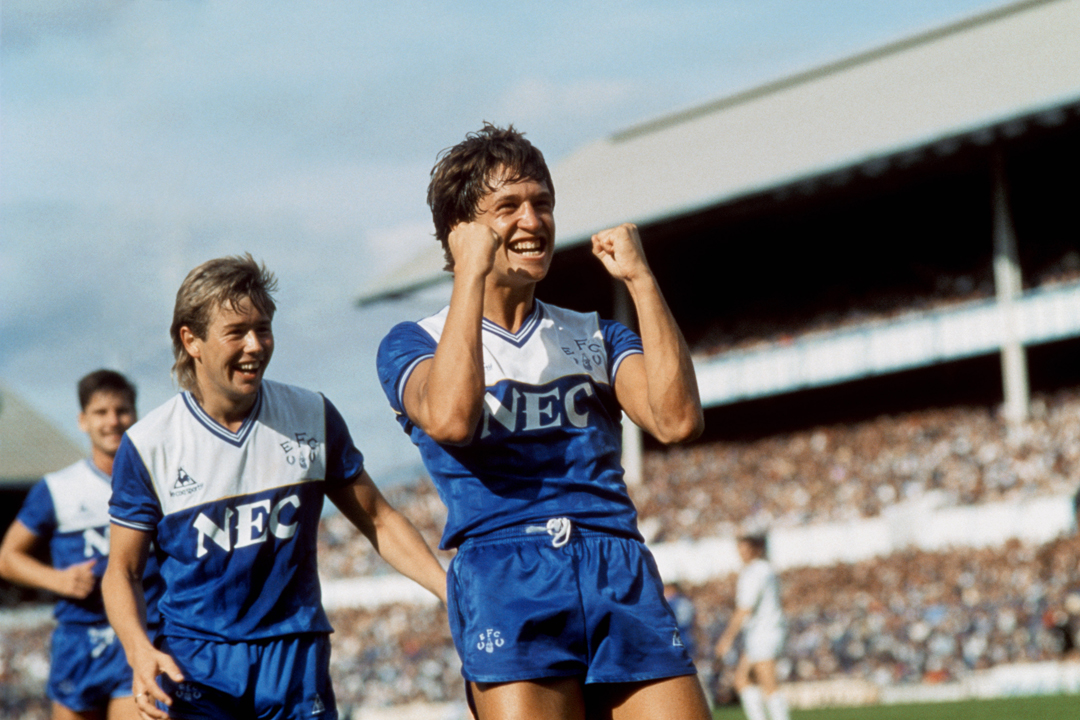
Adrian Heath was in the Everton line-up that night and tells FFT that nothing the Football League organised could have made up for the heartbreak of missing out on the chance to play in the European Cup.
“It was the most frustrating thing, not just for me as a player but the club as a whole,” he says. “I don’t think any club got punished more than we did. We had a good young side and it broke up too early because of the European ban. If we'd gone into Europe, we would have done well for the next three or four years.
Get FourFourTwo Newsletter
The best features, fun and footballing quizzes, straight to your inbox every week.
“I grew up when Liverpool were dominating European football and then suddenly Everton had a team capable of competing with the best. We thought it was our time. Whatever the league organised as a replacement would have seemed like an anti-climax. This competition had anti-climax written all over it.”
He’s not wrong. Legend has it that Howard Kendall, Everton’s title-winning boss, sent his side out for their group stage encounter with Norwich with the stirring words: “What a waste of time this is – out you go.”
“It was 30 years ago, so I can’t tell you if they were his exact words,” laughs Heath, speaking to FFT from his new home in Orlando. “But I think Howard pretty much summed it up.”
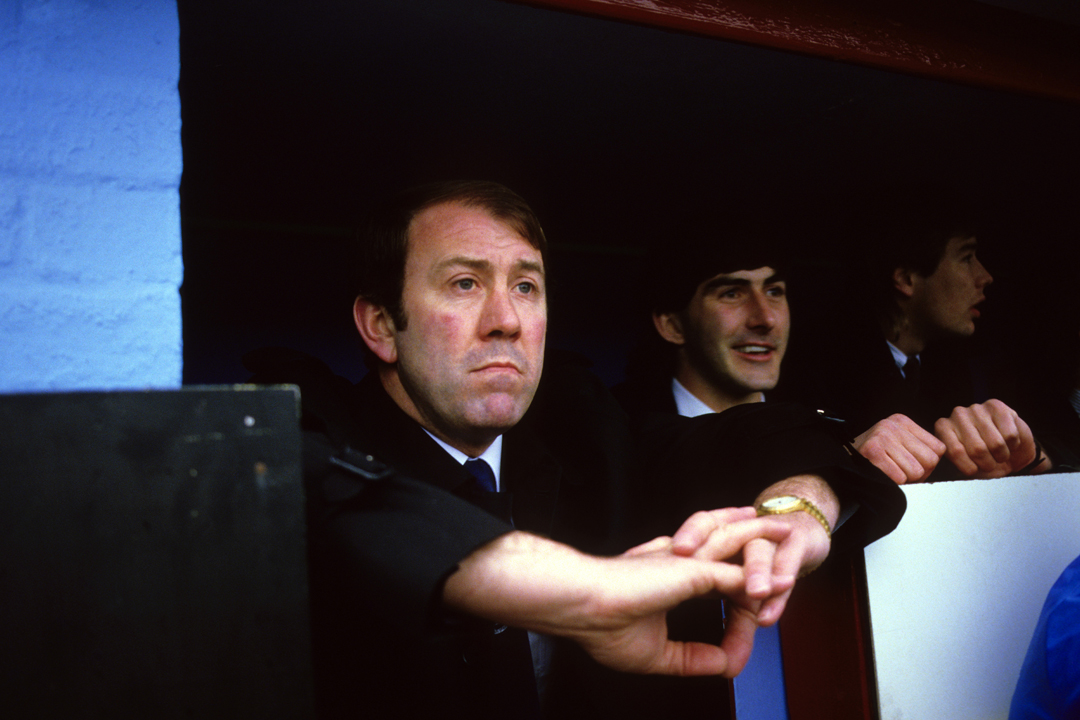
While interest in the Super Cup waned on Merseyside – just over 10,000 saw Everton beat Norwich 1-0 – anger at being denied a European place led to a boycott of matches at White Hart Lane by some disgruntled Spurs fans. At Southampton, meanwhile, the absence of European football was as keenly felt.
“We were on an end-of-season trip to Trinidad and Tobago, and part of the deal was for us to play Manchester United as the FA Cup winners,” says ex-Saints striker Steve Moran. “We were watching the European Cup final in Heysel and saw the whole disaster unfold. We realised immediately that there were going to be serious repercussions.
“It would have taken something spectacular for the Football League to introduce something that captured the imagination in place of European Football – and it clearly didn’t capture mine.
“I’m someone who remembers almost every game I played and every goal I scored. But the Super Cup? I couldn’t have scored as I have no recollection of playing in the competition at all.”
It wasn’t just supporters and players who were disaffected with the tournament – in World Cup season, the England boss wasn’t overly enamoured with it either. Bobby Robson said he was “sad and disappointed” at the introduction of a competition that would see the likes of Lineker, Bryan Robson and Glenn Hoddle play additional matches before jetting off to Mexico to take on Diego Maradona et al.
Those who weren’t involved in the Super Cup would also be subjected to playing in the newly formed Full Members Cup, although some, such as Arsenal and Watford, wasted little time in pulling out of a 32-team competition that would outlive its more glamorous relation by six years.
As it turned out, Robson needn’t have feared burnout given the rate at which Super Cup contestants began resting their star names as the pointless nature of the competition became increasingly clear.
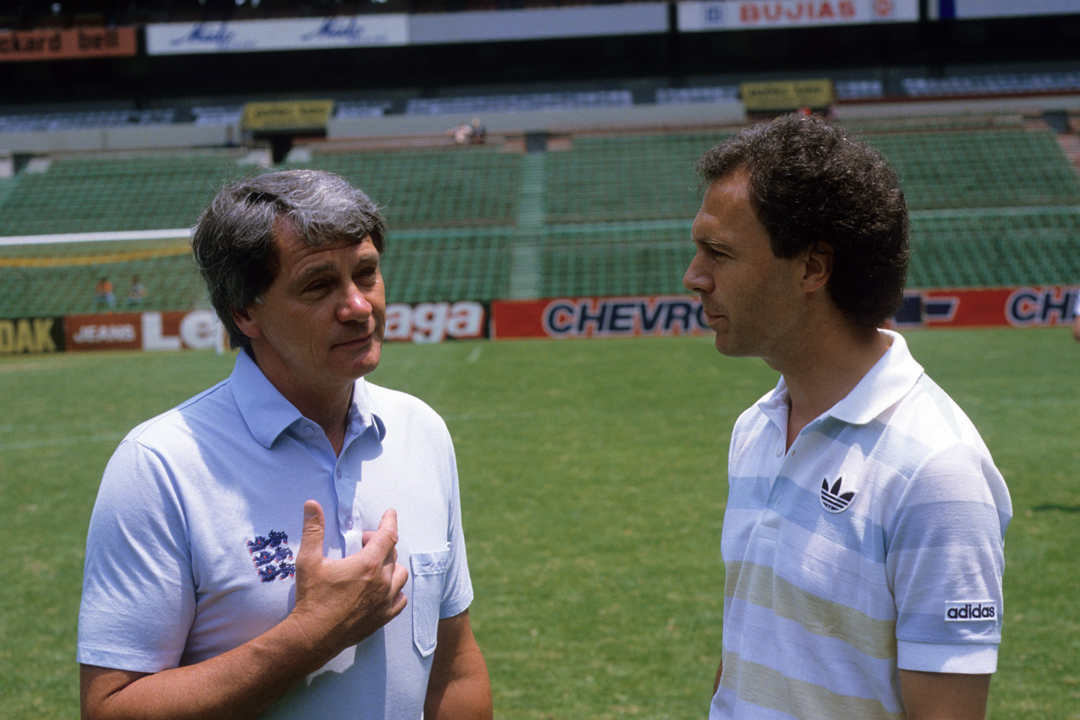
Only 4,680 Saints fans braved the December cold to watch their side tumble gratefully out of the tournament against Spurs, but the biggest farce was yet to come.
The first leg of Everton’s semi-final against Spurs at White Hart attracted a following of just 15 in the Merseyside club’s official visitation party. The biggest headache facing the Football League, though, wasn’t falling attendances or player apathy – it was when the final was going to be played.
“The Screen Super Cup final will be staged in March or April or May, or perhaps even early next season,” wrote Stuart Jones in The Times. “No one knows and it seems that the public does not care either.”
As it was, the two-legged final between Everton and Liverpool took place in September 1986, in front of predictably modest crowds at Anfield and Goodison Park.
“I'd played in front of much bigger crowds at testimonial matches,” says Heath. “The final meant nothing to those who played in it, really. It just reminded us of what we were missing.”
For the record, Liverpool won 7-2 with Ian Rush scoring five over the two legs, including a hat-trick as Kenny Dalglish’s men sealed an empty triumph with a 4-1 away mauling of their city rivals.
English football, though, had long since stopped caring.
While you're here, why not take advantage of our brilliant subscribers' offer? Get 5 issues of the world's greatest football magazine for £5 – the game's greatest stories and finest journalism direct to your door for less than a pint in London. Cheers!
NOW READ...
LIST 10 forgotten Premier League hat-tricks you really need to re-live
GUIDE Premier League live stream 2019/20: how to watch every game from anywhere in the world
